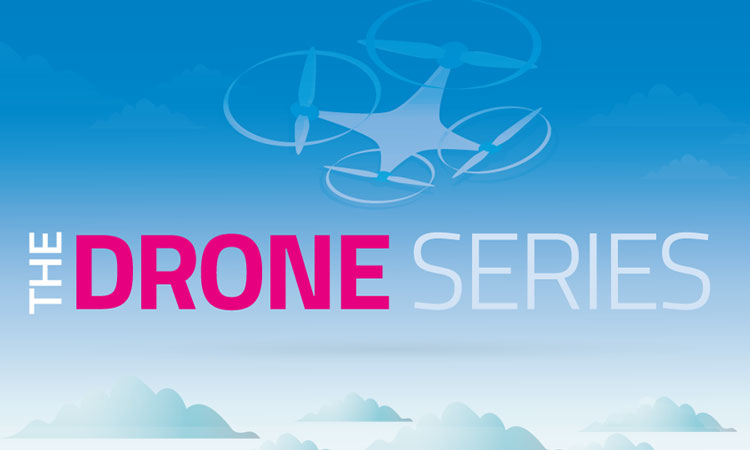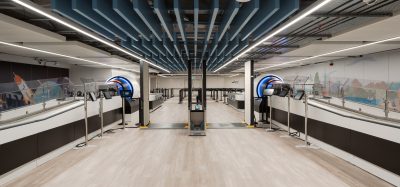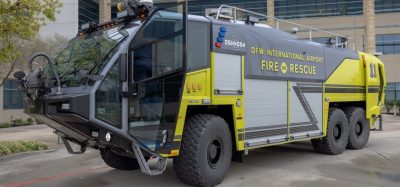Drone Series: Blockchain may be the answer to all the drone questions
- Like
- Digg
- Del
- Tumblr
- VKontakte
- Buffer
- Love This
- Odnoklassniki
- Meneame
- Blogger
- Amazon
- Yahoo Mail
- Gmail
- AOL
- Newsvine
- HackerNews
- Evernote
- MySpace
- Mail.ru
- Viadeo
- Line
- Comments
- Yummly
- SMS
- Viber
- Telegram
- Subscribe
- Skype
- Facebook Messenger
- Kakao
- LiveJournal
- Yammer
- Edgar
- Fintel
- Mix
- Instapaper
- Copy Link
Posted: 27 February 2019 | Kosta Canatselis | Chief Executive Officer | Wright Technologies | No comments yet
A South Australian startup that is using blockchain to securely track and identify drones plans to head to France to meet with major defence and aerospace companies.


Adelaide-based Wright Technologies aims to conduct field trials of its drone identification and tracking system before the end of the year and has already been in talks with a defence company in Australia.
In 2018, the fledgling company won the International Grand Prize at the ActInSpace innovation contest, which is initiated by the French Space Agency (CNES) with support from the European Space Agency (ESA) and the ESA Business Incubation Centres network.
Wright Technologies CEO and co-founder, Kosta Canatselis, said: “We’ve got some meetings scheduled with some big defence companies and we’re hoping to establish some networks in that Aerospace Valley in Toulouse so hopefully something comes out of it to help get the ball rolling. We’re working on being able to understand what device is where with absolute certainty, with something called proof-of-location. In the context of air safety and security, airspaces at the moment are very closed off and restricted because of the danger of having drones there and not being able to understand where they are.”
Canatselis said GPS on its own was not secure and could be “spoofed”. He said his tamper-proof blockchain technology would be particularly valuable in applications dealing with the freight of high-value goods.
Canatselis continued: “With autonomy, as soon as you can start increasing the level of trust between different stakeholders you can start letting go of human interaction. Basically how blockchain works is there is an immutable ledger (a record that cannot be changed) where all the actions are recorded and you can start seeing things like a drone delivering something to a house, proving it has been to the house and then releasing payment and things like that. Proof-of-location is a problem that exists – there’s a few other companies trying to do it as well – but our big differentiator is that we are able to operate on resource constrained devices such as drones and small devices that other competitors out there aren’t able to do.”


















